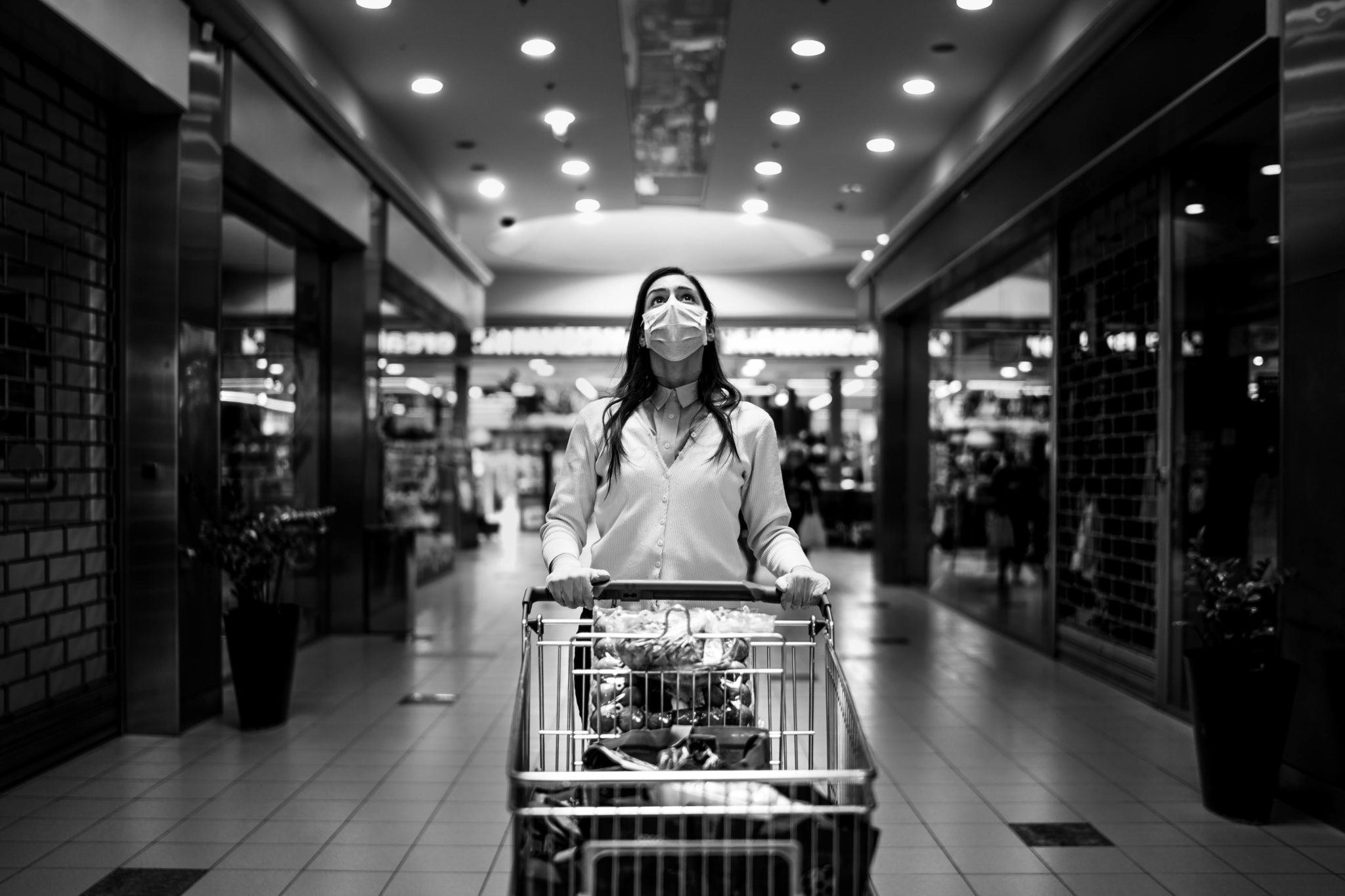I don’t know about you, but the coronavirus (COVID-19) has left me feeling out of control. When you are a type “a” planner, having so many unknowns can be overwhelming. Then add on top of that being a mother to two teenagers and navigating those emotional waters, it has been enough to make me want to crawl back in bed.
But we can’t crawl into bed and pretend this new reality doesn’t exist. So what do you do?
Take Control
No, you can’t control everything, but there is a lot we can do to control our risks of getting the coronavirus and also how severe it is. You know about hand washing, wearing a face mask, and social distancing. However, what are you doing for your health?
At the end of April, The New York Times had a fantastic article, “How Poor Diet Contributes to Coronavirus Risk.” The bottom line is that poor underlying health issues, like hypertension, higher blood sugar, and high cholesterol, can all suppress the immune system. As a result, you may be more susceptible to getting ailments, cancers, and possibly an even more severe form of this virus. These conditions, and others, can contribute to underlying levels of inflammation. The coronavirus attacks by increasing the body’s inflammatory response. If you are already somewhat inflamed, your ability to fight off the virus becomes even more challenging.
Coronavirus Risk: Diet & Lifestyle Changes Can Help
The good news is there is A LOT that can be done with diet and lifestyle to help reduce inflammation and boost your immune system. To address these elements, I’ve put together a three-part series, with each video only being about 10-12 minutes. Here is the first in that series which highlights COVID-19 health tips to boost immunity.
And if you are looking for ways to kickstart healthier eating for your immune system, look no further! Click here to access a 7-day immune-boosting meal plan. Looking for something more? Then consider signing up for my 30-Day Recharge & Reset Program here.
Please note the tips in this video do not constitute medical advice and are not a guarantee of protection against COVID-19.

